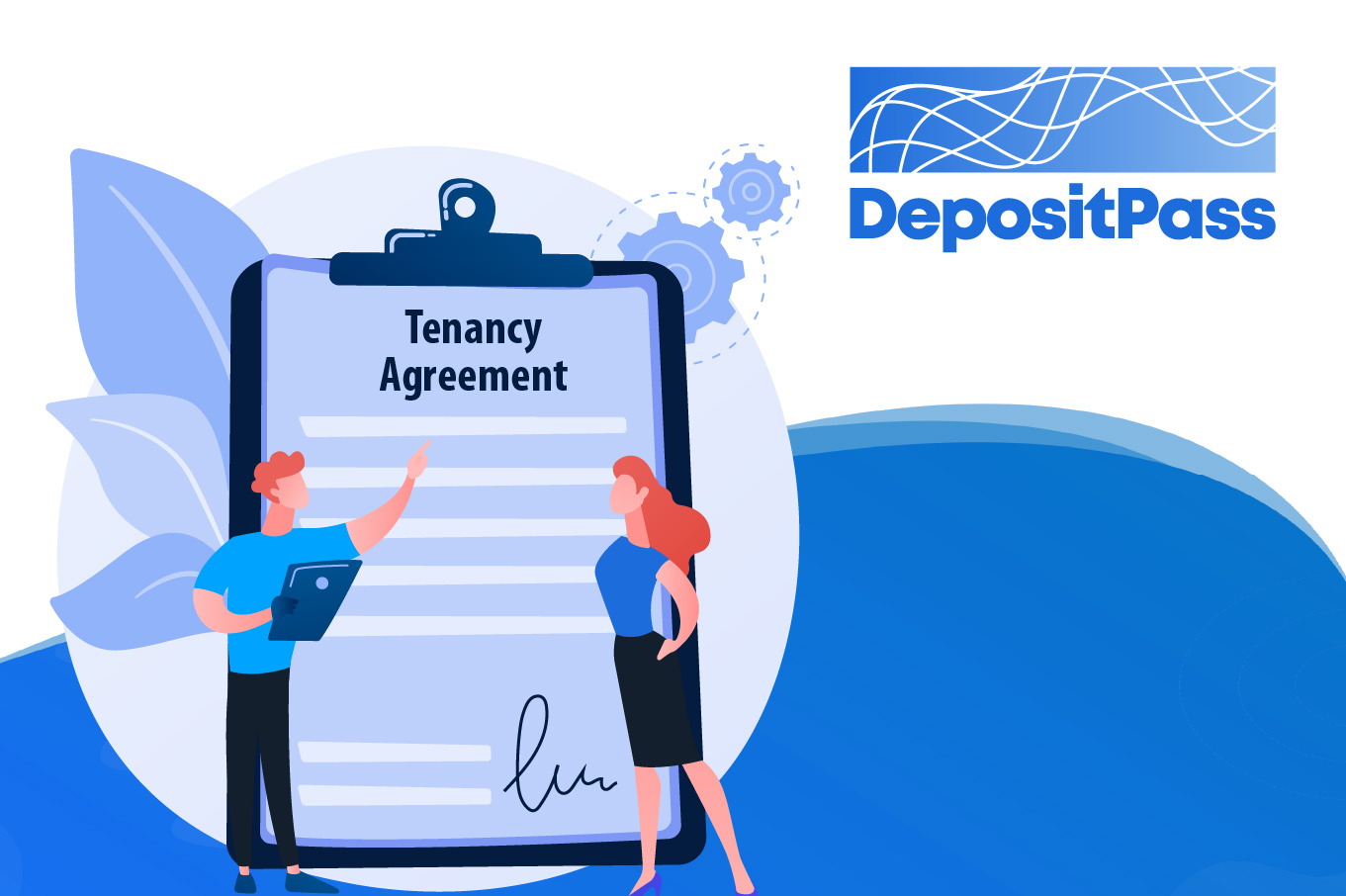
Do you know what type of tenancy agreement you have? Despite the prevalence of renting across the UK, recent surveys reveal that a significant percentage of renters are unaware of their tenancy agreements. This lack of awareness can lead to potential issues for both tenants and landlords, making it crucial to understand the terms and conditions of your rental agreement.
Types of Tenancies:
- Fixed Term Tenancy: This type of agreement has a set duration, typically lasting for at least 5 years. The landlord decides whether to renew the lease once the term ends.
- Periodic Tenancy: A rolling tenancy with no fixed end date, allowing either party to terminate the agreement with proper notice.
- Assured Shorthold Tenancy (AST): An initial fixed term of 6 – 12 months, which may roll over into a periodic tenancy if not renewed.
- Joint Tenancy: When more than one tenant signs a single tenancy agreement and shares equal responsibility for the property.
Understanding your tenancy agreement is crucial for protecting your rights as a tenant and preventing disputes. By familiarising yourself with the terms of the agreement, you can ensure clarity and transparency in your rental arrangement.
Checking Your Tenancy Type:
There are several ways to determine the type of tenancy you have:
- Review your tenancy agreement for specific details about the terms and duration of the lease.
- Consult with your local council or housing association, which may provide information about the type of tenancy associated with your rental property.
- Check your tenancy deposit scheme, as the type of tenancy should have been registered when the deposit was taken.
- Seek guidance from legal professionals or organisations like Citizens Advice if you’re still unsure about your tenancy type.
Introducing DepositPass Solutions:
DepositPass offers innovative solutions to streamline the rental deposit process for both tenants and landlords. With DepositPass, you can ensure the security of your rental deposit and protect your interests throughout your tenancy. From fixed-term agreements to periodic tenancies, DepositPass solutions are designed to meet the diverse needs of renters and landlords alike.
Final Thoughts:
Understanding your tenancy agreement is essential for both tenants and landlords to ensure a smooth and mutually beneficial rental experience. If you’re uncertain about the terms of your agreement, don’t hesitate to reach out to your landlord or letting agent for clarification.
For landlords, it’s equally important to communicate effectively with your tenants and ensure they understand the terms of their tenancy agreement. By fostering clear communication and transparency, you can prevent misunderstandings and promote a positive landlord-tenant relationship.
Remember, investing time in understanding your tenancy agreement is an investment in peace of mind and long-term success in the rental market. So, whether you’re a tenant or a landlord, take the time to familiarise yourself with your tenancy agreement to protect your rights and interests.






